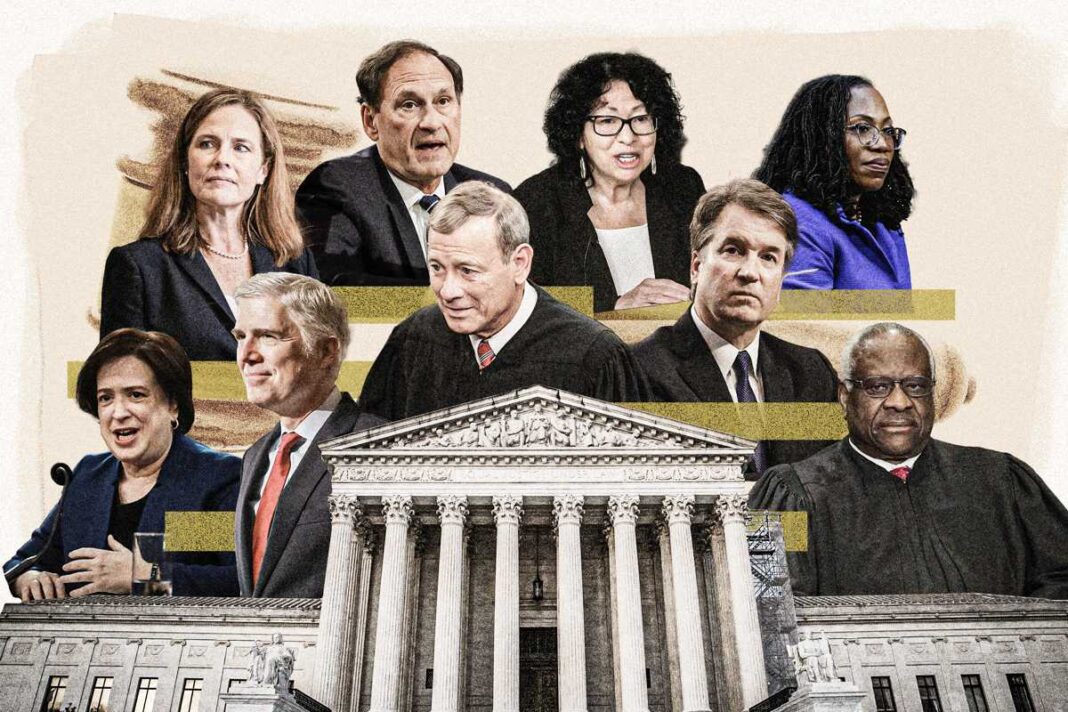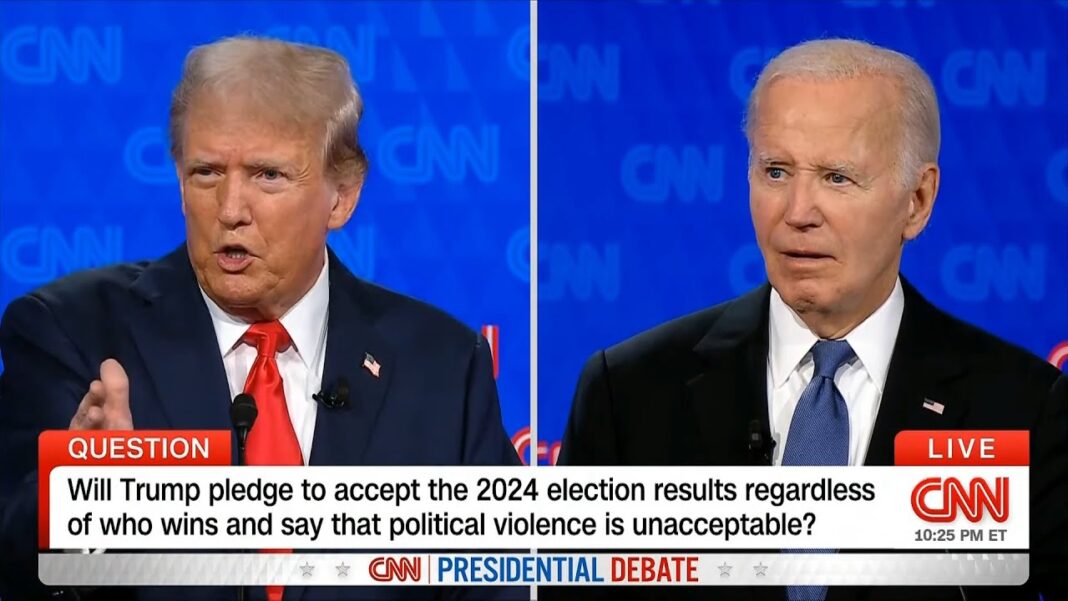The court’s decision in Loper Bright upended decades of precedent while both cases raised questions about separation of powers.
WASHINGTON—The Supreme Court this week issued a pair of rulings to limit the power of the federal government, curbing agencies’ ability to make regulations and take certain enforcement actions.
In a major ruling on June 28 in the case of Loper Bright Enterprises et al. v. Raimondo, the majority overturned a 40-year precedent known as the Chevron deference doctrine. That precedent required courts to defer to agencies’ reasonable interpretations where there are ambiguities in statutes.
Chevron has been cited more than 18,000 times by federal courts and is “unquestionably one of the foundational decisions in administrative law,” according to the Congressional Research Service.
In overruling Chevron, the high court held that judges must use their traditional tools of statutory interpretation and that the “best” interpretation should govern. In doing so, it raised a series of questions about how Congress will make laws and how agencies will be expected to interpret them.
In a separate ruling in Securities and Exchange Commission (SEC) v. Jarkesy on June 27, the majority similarly weakened agency authority and strengthened the judiciary, but in a different way.
The majority held that the SEC was wrong in using in-house tribunals to enforce civil penalties. Instead, the Seventh Amendment requires the SEC—which was created in 1934 and authorized to use in-house proceedings in the wake of the 2008 financial crisis—to obtain civil penalties through jury trials in Article III courts, the court found.
Here are some of the main takeaways from the opinions and the implications of each case.
Major Change Coming
Chief Justice John Roberts authored the majority opinion in Loper Bright, while Justices Clarence Thomas and Neil Gorsuch wrote concurring opinions.
“Today, the Court places a tombstone on Chevron no one can miss,” Justice Gorsuch wrote. He said that in “doing so, the Court returns judges to the interpretive rules that have guided federal courts since its Founding.”
By Sam Dorman








